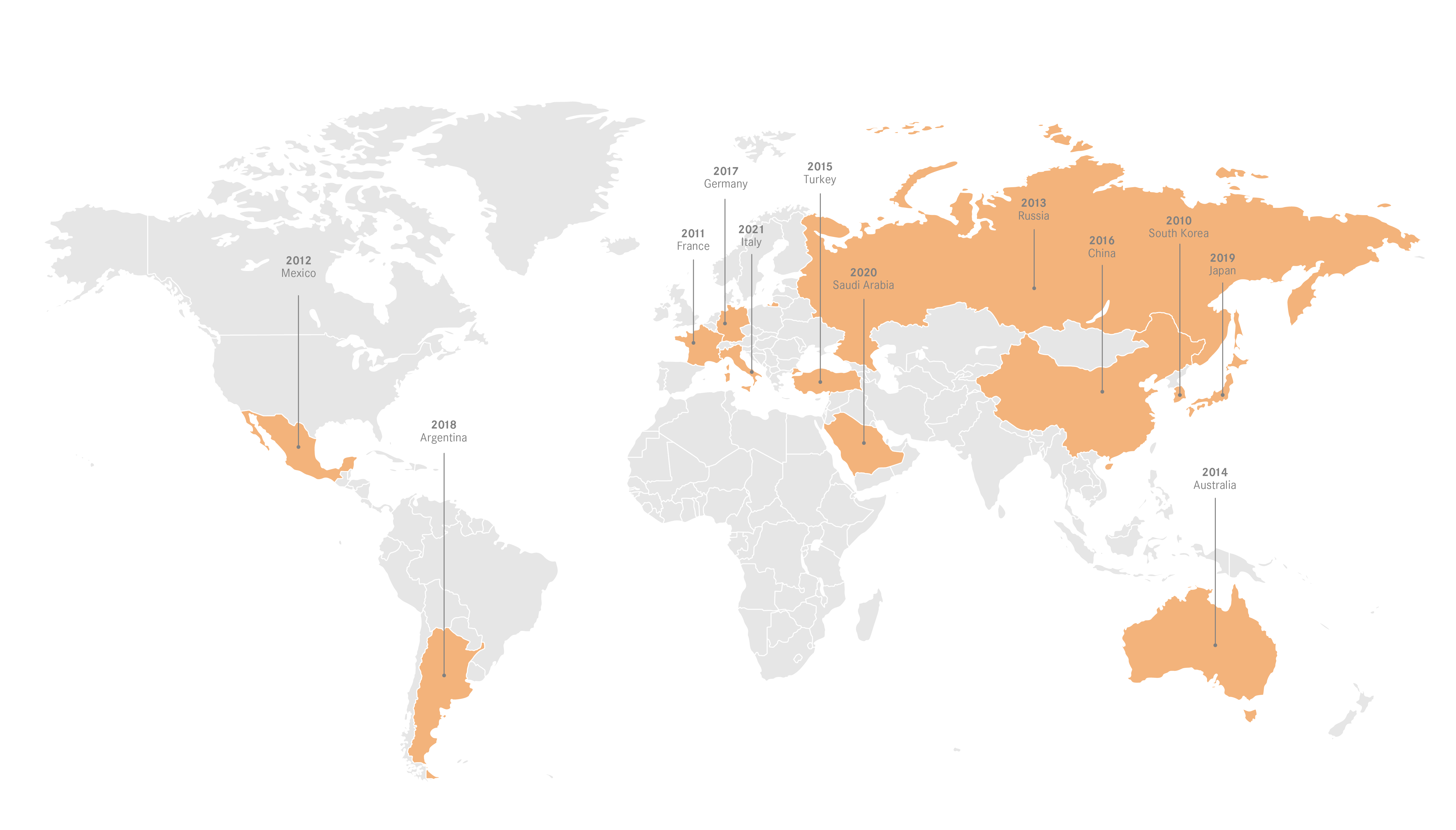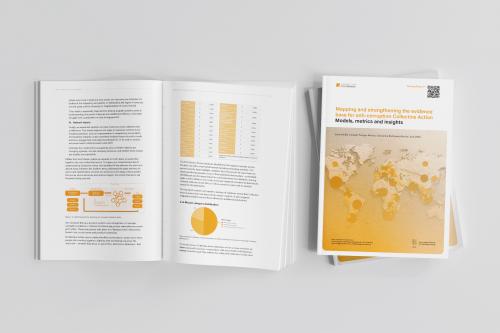Promoting anti-corruption through the B20 process – new online resource

The Presidency of the G20 rotates each year between member countries, as does the leadership of the B20 – the G20’s voice of business.
The key issue of tackling corruption is picked up almost every year, but not always in the same way or using the same format. This can make it challenging to find historical information including past anti-corruption commitments and related recommendations.
With this in mind, the B20 Collective Action Hub has just launched a new information resource on the B20 and anti-corruption that will evolve over the coming months and years.
The aim is to support the transition between B20 presidencies, and to ensure that the ongoing work on integrity and anti-corruption issues that spans multiple years is easily accessible to everyone.
About the B20 and anti-corruption resource
Located on our B20 Collective Action Hub, the information resource is designed to help all those involved in the B20 process, year after year, to:
- Easily understand how the B20 process works, through a set of Frequently Asked Questions
- Quickly view how the B20 has dealt with topics of anti-corruption, compliance, business integrity and Collective Action in the past, including relevant commitments
- Compare B20 recommendations on anti-corruption and Collective Action with G20 leaders’ statements
- Download previous B20 policy papers, G20 leaders’ communiqués and Action Plans of the G20 Anti-Corruption Working Group
- Read up on the B20, G20 and anti-corruption with a shortlist of recommended reading.
It covers all B20 Presidencies from South Korea in 2010 to Saudi Arabia in 2020.
Our support for the B20 on anti-corruption
In the current B20 process, led by Italy, the Basel Institute is once again a Network Partner participating in meetings of the Integrity and Compliance Taskforce.
Our Managing Director Gretta Fenner will speak at the first B20-G20 Dialogue on 13 September, which focuses on “How to promote sustainable governance, increase transparency, fight corruption to enhance fair competition”.
As part of a panel on Responsible Conduct through the Procurement Cycle, she will explain the value of Collective Action approaches to procurement integrity, such as High Level Reporting Mechanisms and Integrity Pacts.
Achieving continuity
The Siemens Integrity Initiative has supported the Basel Institute’s work with the B20 over many years and is generously providing funding for this new resource. The support dates back as far as 2013, when the B20 Russia mandated the Basel Institute to develop the B20 Collective Action Hub in order to provide guidance, inspiration and information on anti-corruption Collective Action.
As it develops, we hope the new online B20 and anti-corruption resource will support the continuity and effectiveness of each new B20 cycle, giving stakeholders the information they need to understand past cycles and extract lessons learned.
Feedback is very welcome, including through our dedicated Collective Action channels on Twitter (@FightBribery) and LinkedIn (Collective Action at the Basel Institute).



